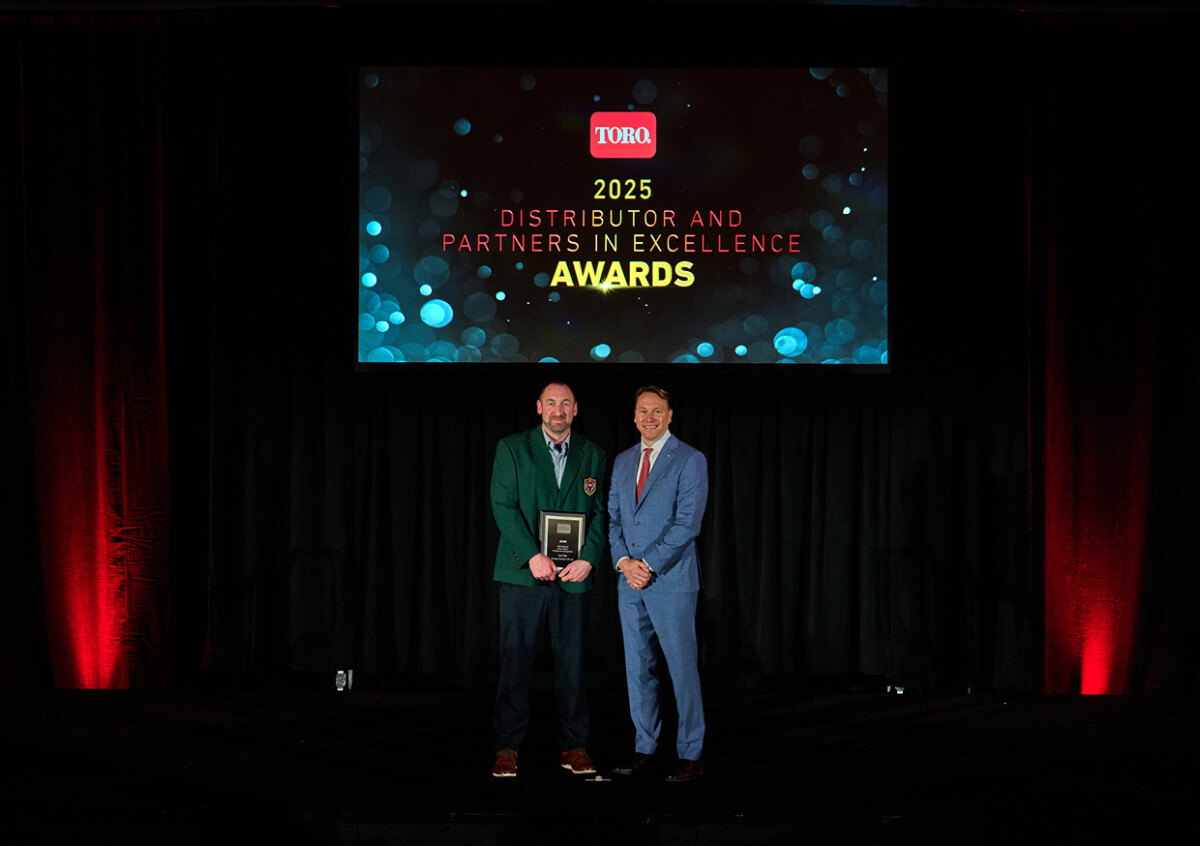Get Straight With Glyphosate: Glyphosate has been in the news again recently, and as groundcare professionals look to their 2019 weed control programmes, Roundup Technical Development Manager Barrie Hunt gives an update on legal and best practice information to help plan ahead.
Q. What is the legislative situation with glyphosate at the moment?
A. Glyphosate was formally re-Approved on 12th December 2017 by the European Commission.

Q. How long has glyphosate been approved for and what does that mean for Roundup products?
A. Glyphosate, as an active substance, has been approved for a period of 5 years. The second stage of the process is the reauthorisation of the individual glyphosate products and this is currently ongoing. Both Roundup ProVantage and ProActive have been submitted for reauthorisation and we expect that process to be completed by the end of the year. In the meantime, both products continue to be fully available.
Q. Are they stocked by the same range of distributors?
A. Yes, there have been no changes to distribution agreements and you can still order Roundup products from your usual merchants.
Q. Are there any new restrictions on using glyphosate products?
A. The major change to product availability affected glyphosate products containing POE-t, also known as ethoxylated tallow amine, which is a surfactant to help wet the leaves. Since the end of June 2018 products containing POE-t are no longer authorised for use or storage. No Monsanto amenity glyphosate products contain POE-t.
We are not aware of any changes of use or label restrictions and in our product re-authorisation applications we have applied for the full range of existing uses.
Q. One of my local authority clients has expressed concern about using glyphosate in public open spaces such as parks. How can I put their mind at rest?
A. Roundup has been used successfully and safely for more than 40 years. Roundup ProVantage and ProActive act on the target’s enzyme system, which is unique to plants and not found in humans, animals, fish or insects. Roundup products have been widely used for over 40 years and their safety has been assessed by Pesticides Regulatory Agencies from all over the world, including the World Health Organisation.
As part of the recent re-Approval process, the European Food Safety Authority and the European Chemicals Agency both assessed glyphosate in detail and concluded that it can be used safely and does not cause cancer.
People, pets and wildlife need not be kept out of treated areas, although it is best not to walk in areas where the spray is still wet as transfer to other vegetation may lead to unwanted damage to other foliage. Once the spray is dry this cannot occur.
A leaflet explaining how Roundup works is available to distribute to clients and to the public – contact the helpline on 01954 717575 for copies.
Q. Is there anything I can do as a contractor to help ensure that glyphosate remains available for use in the future?
A. Always use chemical products in accordance with the label recommendations and all applicable pesticide legislation, and in conditions where the active ingredients can work most effectively to avoid the risk of resistance.
Although there are no known cases of glyphosate resistance in the UK, it is a very real threat, and amenity professionals should have a Resistance Management Strategy in place.
This includes using the correct dose rate of a reputable, approved glyphosate product, treating at the correct weed growth stage with correctly calibrated equipment and in good conditions; using other active ingredients and non-chemical methods of weed control as part of an Integrated Weed Management Plan.
For the latest industry news visit turfmatters.co.uk/news
Get all of the big headlines, pictures, opinions and videos on stories that matter to you.
Follow us on Twitter for fun, fresh and engaging content.
You can also find us on Facebook for more of your must-see news, features, videos and pictures from Turf Matters.


























